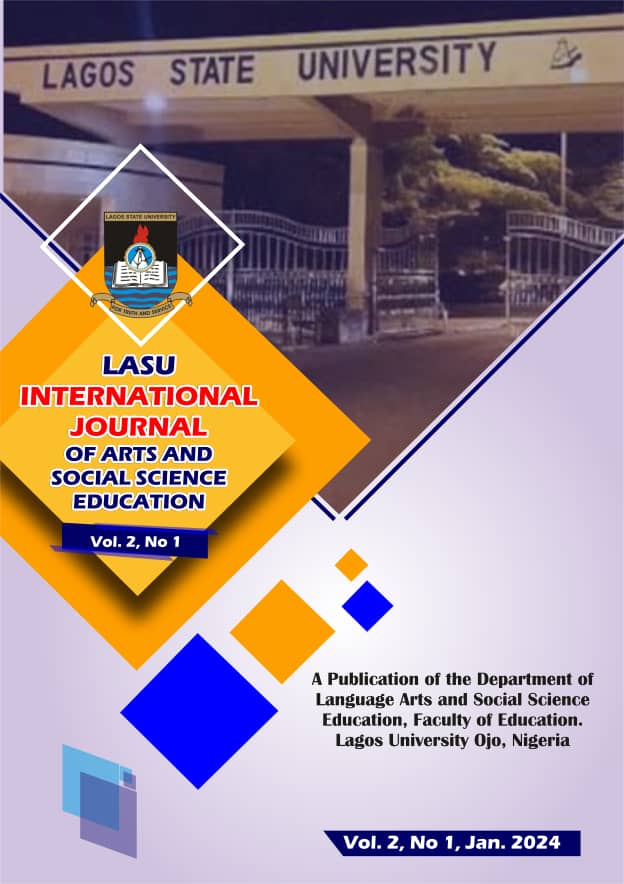This study aimed at examining the Consequences of Cohabitation on the Social and Mental Health of Undergraduates in Lagos State University. To achieve this study, two research questions and two hypotheses were postulated. The descriptive survey research method was adopted while the instrument for data collection was the Consequences of Cohabitation on the Social and Mental Health Questionnaire (CSMHQ).400 questionnaires were distributed and collected on the same spot while the respondents were drawn using the multistage sampling technique of convenience sampling and the simple random sampling technique. The test-retest method of reliability was adopted. The reliability of the instrument was ascertained using the Pearson’s Product Moment Correlation (PPMC) and r-coefficient of 0.76 was obtained. The research instrument used for the study was a four- point likert-type rating scale questionnaire. Descriptive statistics of frequency count and percentage was used for data presentation while inferential statistic of Chi square analytical tool was used to test all stated hypotheses at 0.05 level of significance. The study showed that there was significant occurrence of social and mental health among undergraduates in Lagos State University. The researchers recommended that the Lagos University authority should make it a point of duty to make available adequate hostels at an affordable fee to help reduce contributions of off-campus hostels as a factor in the promotion of cohabitation and that the institution further provides platform which parents or guardians of undergraduates be made to see reasons on the need to regularly check on their wards.









